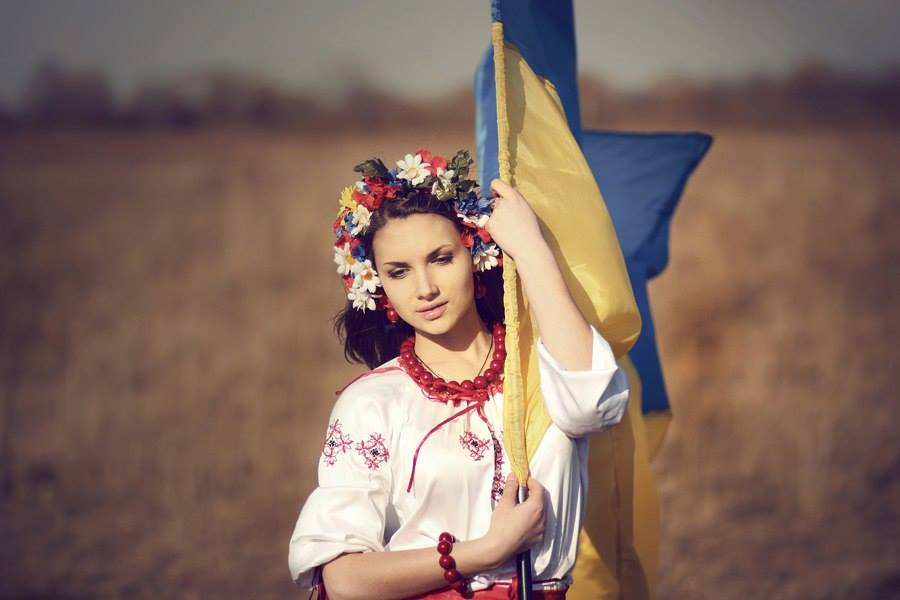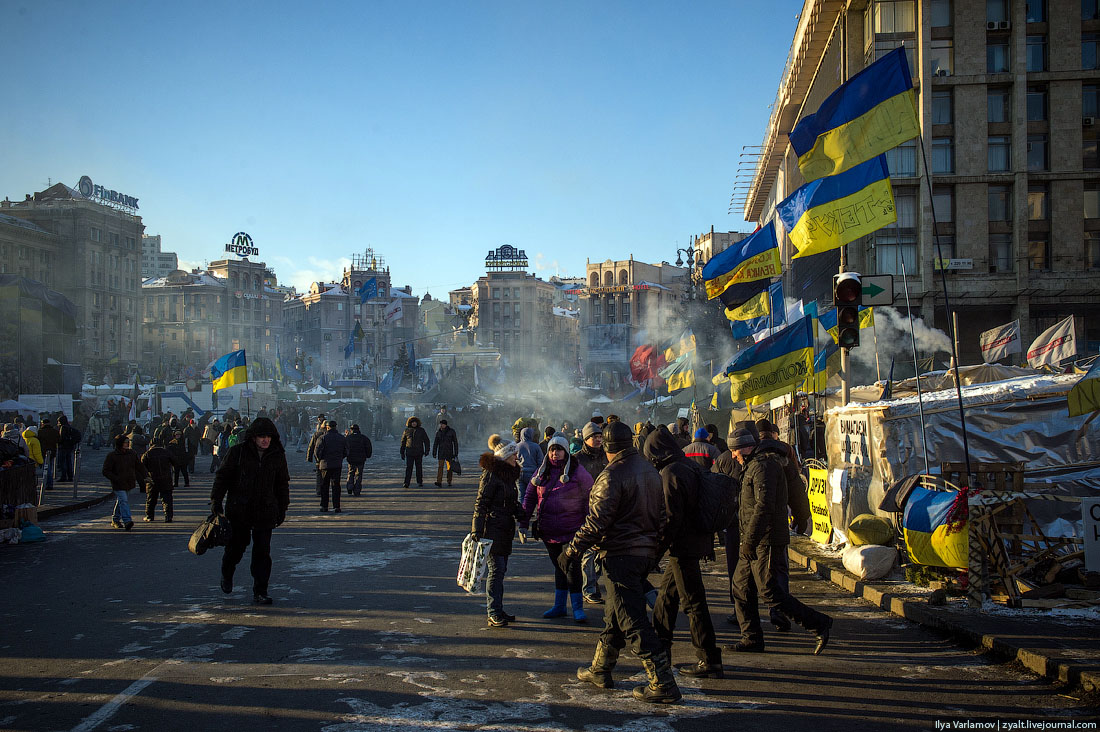Larysa Artiugina is a documentary film director and the founder of the New Donbas NGO. Starting from 2014 she organized a number of reconciliation projects for people from Donbas, mostly for school students. She also was involved in creating documentaries about the Euromaidan Revolution and later shot one of her own - “How We Became Military Volunteers” - about the Donbas battalion soldiers, and “Bohdan’s Happiness” telling about the beginning of the war in Eastern Ukraine through the eyes of a six-year-old boy.
Larysa joined the Maidan at its very start. At first, she felt she had to be there for the sake of her friend Yehor Soboliev’s safety, who at the time was a journalist and activist and is now an MP. She was afraid of provocations occurring and decided to shoot a film about him so that there would be evidence if anything happens to him.
Back then Larysa was also working in the Kyiv Karpenko-Karyi national university of theatre, cinema, and television. Together with a colleague, they coordinated the second-year undergraduates, future documentary filmmakers.
“We decided to give them a task - to shoot about the Maidan. They had such a chance - that of filming history. We asked them to inform us every time they were going off to the Maidan. Later, I would greatly worry about them, especially during the days of mass killing. However, I realized that they were already independent filmmakers, and it was their own decision to shoot there - I could not influence it.”
After the revolution, the work created by these students gained renown as a series of documentaries called Black Diary of the Maidan.
Larysa herself also documented numerous episodes during the revolution. Her works became a part of the BABYLON'13 films, created by a team of filmmakers who came together during the revolution. For security and other reasons, the team decided not to reveal the identity of which filmmaker filmed what.
Also, it was the film director who organized the protest near the Ministry of Culture towards the end of the revolution. Afterward, the Cultural Assembly called to reform the field was created. Larysa recognizes that the attempt of the reform was not successful.
“I was naive. I would do many things differently now.”
Still, Larysa emphasizes that the Maidan gave a lot to Ukrainian society.
“The Maidan taught us, people who were there, three main things. First, self organization. Second - to trust each other. Why it happened - because we stopped being afraid and stopped lying to each other. And third, it taught us solidarity.”
After the revolution, Larysa devoted her work to the Donbas battalion volunteer soldiers who left their jobs to defend Ukraine in war. The battalion experienced losses and captivity. Larysa filmed the stories of the soldiers who went through some of the worst days in Ukraine’s history. During one of the trips, she found out about bombed schools in Mykolayivka, a town in Donbas oblast which had been occupied by the pro-Russian forces and was then liberated by the Ukrainian army.
“If you are dealing with war, you can win it only via peace, with an asymmetrical answer. I mean that only using military means is not enough to secure a victory. You can restrain the enemy by it, but not win. Non-military methods in this hybrid war are the key. Along with the army and military hardware, you should have something else. This is the unique Ukrainian volunteer movement. It is something which helps us to win. Firstly there were military volunteers, civil ones then followed. It is something that Putin would not have expected. He cannot influence it, and this is our most powerful weapon.”
More about the activities of Larysa and New Donbas:
- Lithuanian family helps children of Donbas war be happier
- Pastor and sniper: how to kill and not sin
- From “Russian world” supporter to Ukrainian patriot: a story of a Donbas girl’s worldview transformation
- Exchange programs dispel destructive myths, bridge east-west divide in Ukraine
- How war changed a teenager’s life for the better
- The Berlinale Grand Prix film from Ukraine tells a different story of the Donbas





